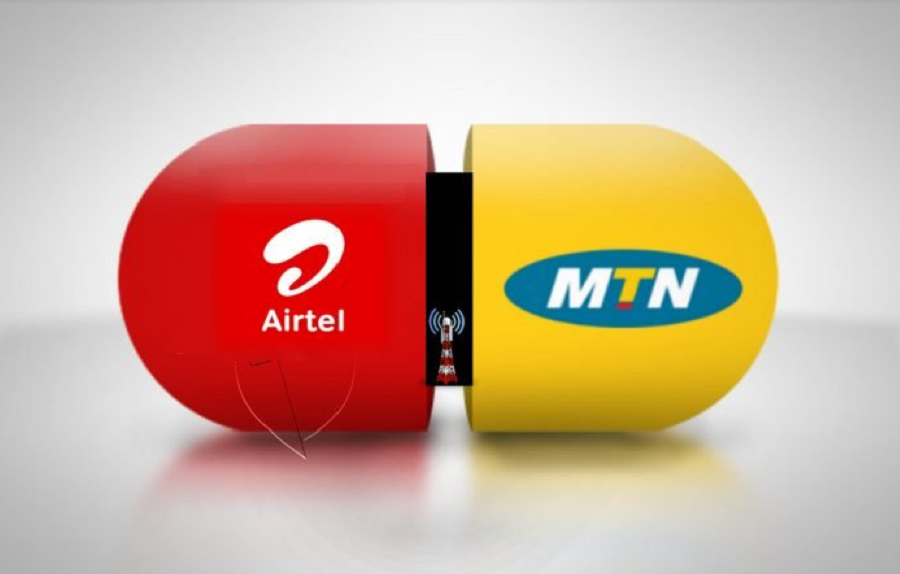After holding steady for the best part of the last three years, mobile internet service providers in Nigeria have started increasing the prices of their data plans, reflecting a general rise in the cost of living in the country that has affected most things from airline ticket prices to bread.
MTN and Airtel, two of the four main telcos, have revised some of their internet data prices upwards by at least 10%.
Customers started noticing the changes from around Sept. 28.
MTN confirmed the price increases, saying “products and services can be reviewed from time to time by the management.” Airtel also said their prices have gone up.
READ ALSO: MTN subscribers to suffer network disruption on Thursday
Nigerian telcos have mostly slashed data prices over the years in a bid to win larger shares of the country’s 152 million active internet subscriptions.
The competition has helped increase smartphone penetration in the country, encouraging the rise of internet-enabled businesses and online creators.
The Alliance for Affordable Internet’s (A4AI) ranking places Nigeria among the countries with relatively affordable internet, with 1GB of mobile data costing 1.66% of monthly income. The benchmark is for 1GB to not exceed 2%.
In September, MTN switched on its 5G capability in Nigeria, becoming one of the first to do so across Africa.
But with inflation at a 17-year high of 20.5% and the naira spiraling downwards against the dollar in the parallel market, Nigeria has proven to be a tough place for businesses in 2022.
This has included telcos whose services across the country require the round-the-clock operation of generators at base stations in the absence of dependable electricity.
Local and international airlines have faced difficulties operating in the country, whether in terms of finding aviation fuel or repatriating revenues.
Big businesses have largely been frustrated by the inability to access foreign exchange from banks, as oil theft along pipelines constrain Nigeria’s ability to take advantage of rising oil prices in the international market.

 Latest3 days ago
Latest3 days ago
 Trends4 days ago
Trends4 days ago
 Energy1 week ago
Energy1 week ago
 Education1 week ago
Education1 week ago
 Business5 days ago
Business5 days ago
 Football5 days ago
Football5 days ago
 Featured6 days ago
Featured6 days ago
 Featured1 week ago
Featured1 week ago

